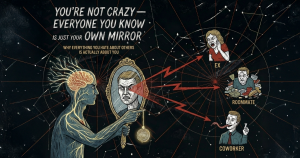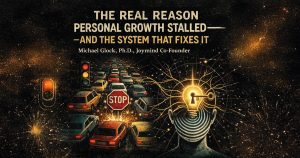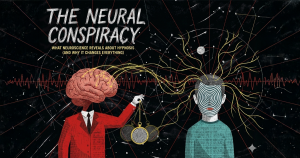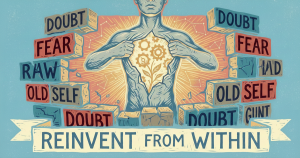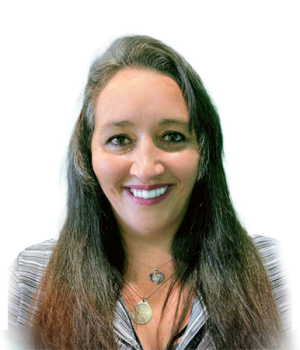Understanding Your Shadow: A Simple Guide to Self-Awareness and Healing
Many of us face stress, anxiety, and challenges in our lives that seem to come from nowhere. According to Carl Jung, these issues can be linked to our “shadow”—the hidden, unconscious parts of our personality (Jung, 1969/1959). This guide explains what the shadow is, how it affects us, and how to work with it for personal growth. We also discuss Joymind’s therapeutic process, including Dr. Michael Glock’s 3-step method.
What Is the Shadow?
The shadow is made up of parts of ourselves that we hide or reject. It may include feelings like anger, jealousy, or fear, but it can also hold hidden strengths and talents (Jung, 1969/1959). When we ignore these parts, they can show up as ongoing stress, anxiety, or problems in our relationships and careers.
How the Shadow Affects Daily Life
- Unexplained Feelings: Sometimes, we feel anxious or stuck without knowing why. This might be our shadow trying to get our attention.
- Projections: We might see our own hidden traits in others. For example, if we dislike a certain behavior in someone else, it could be a part of ourselves we haven’t accepted.
- Blocked Potential: Ignoring our shadow may hold us back from experiencing creativity and personal growth.
A recent article highlights that self-reflection, mindfulness, and talking with a therapist can help us understand and accept these hidden parts (Psyche, 2024).
Embracing Your Shadow
Embracing your shadow isn’t about giving in to negative feelings. Instead, it’s about understanding that these parts are a natural part of who you are. By accepting them, you can:
- Gain insights into yourself.
- Improve your creativity.
- Build deeper, more authentic relationships.
Joymind’s 3-Step Method for Shadow Work
Joymind offers a structured way to work with your shadow through Dr. Michael Glock’s 3-step method:
-
Identification:
- Recognize the patterns, emotions, and behaviors that may be influenced by your shadow.
- Use self-reflection and guided exercises to spot these hidden traits.
-
Reframing:
- Change how you view these traits. Instead of seeing them as purely negative, consider them as parts of your complex identity with potential for growth.
- This shift helps turn self-judgment into curiosity and acceptance (Psyche, 2024).
-
Integration:
- Accept and merge these parts into your conscious self.
- Through ongoing reflection and therapeutic exercises, bring balance to your life.
For more details on this method, see Joymind (2023).
Practical Tips to Start Your Shadow Work
Even without formal therapy, you can begin to explore your shadow with these strategies:
- Journaling: Write down your thoughts and feelings regularly to notice recurring patterns.
- Mindfulness Meditation: Practice being present and observe your emotions without judgment.
- Therapeutic Dialogue: Talk with a trusted therapist or counselor to explore your hidden feelings.
Exploring your shadow is a brave step toward a more complete and authentic life. Recognizing that feelings like stress and anxiety may be signals from parts of yourself you’ve hidden can open the door to healing and growth. By using techniques like journaling, mindfulness, and structured methods such as Joymind’s 3-step process, you can start transforming these hidden aspects into strengths, leading to better mental health and deeper personal relationships.
References
Jung, C. G. (1969/1959). The archetypes and the collective unconscious (R. F. C. Hull, Trans.). Princeton University Press. (Original work published 1959) https://amzn.to/3CyXCww
Joymind. (2023). Dr. Michael Glock’s 3-step method. Retrieved February 2025, from https://joymind.com/
Psyche. (2024). Three ways to get in touch with your shadow self. Retrieved from https://psyche.co/ideas/three-ways-to-get-in-touch-with-your-shadow-self


